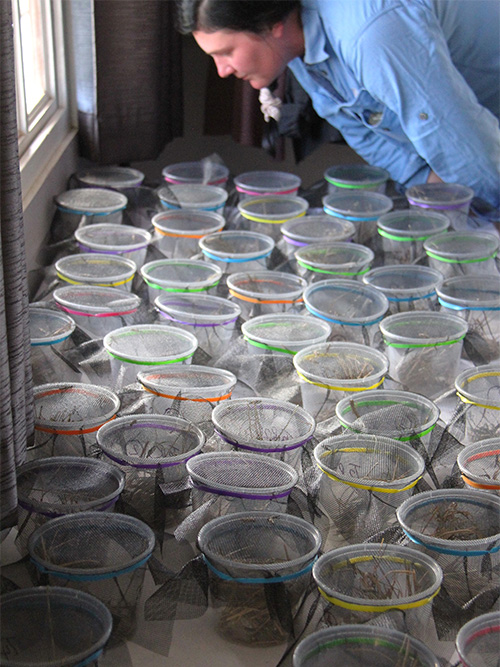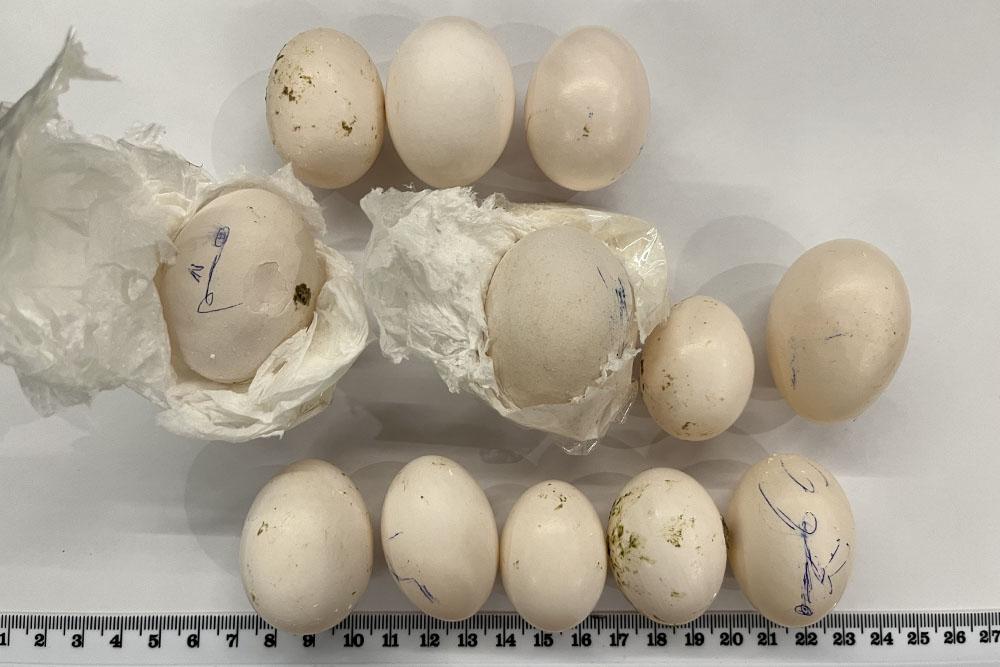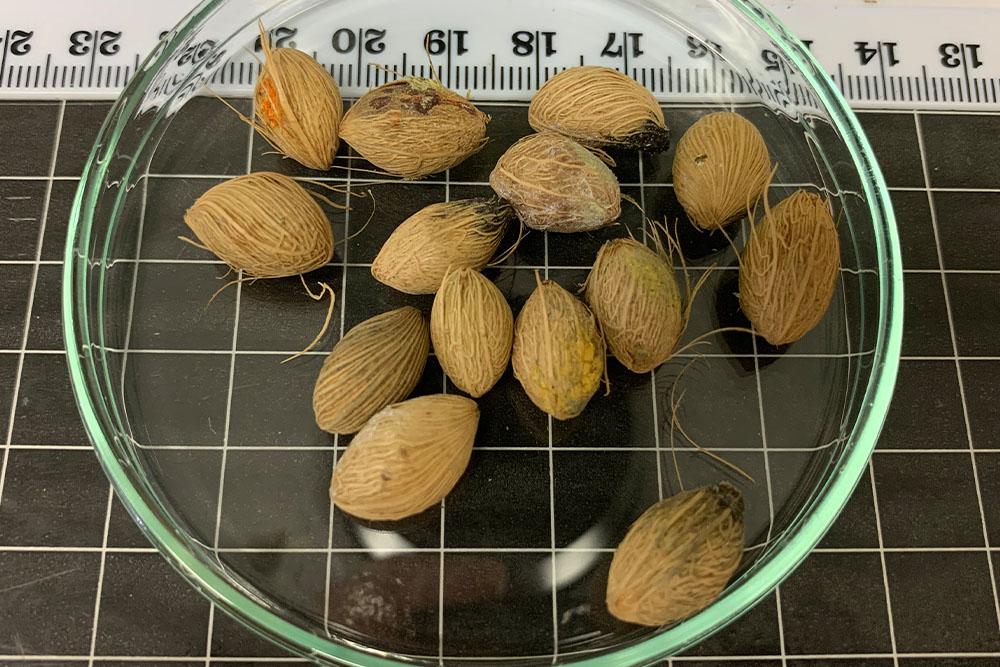One of the primary functions of the Australian Plague Locust Commission (APLC) is to remain ready to defend Australia’s crops and environment should locust numbers begin to swell. Being prepared involves making sure staff are well trained, the most effective pesticides are on-hand and the latest in application technology has been tried, tested and ready to be deployed.
All three preparedness activities came together at APLC’s recent field trials, and 2-day workshop held at the Trangie Agricultural Research Station.
Director Con Goletsos said staff from the NSW Local Land Services were also invited to attend.
“The workshop was a great opportunity for staff from the APLC and local Land Services team, to meet and share information on survey techniques, locust identification and new insecticide trials.”
While in the Nyngan area, staff visited properties experiencing locust activity, gaining valuable hands-on field experience. Staff were able to observe various stages of locust activity, including egg-beds and hatching pods and they discussed preferred habitats and environmental conditions required for egg laying and development.
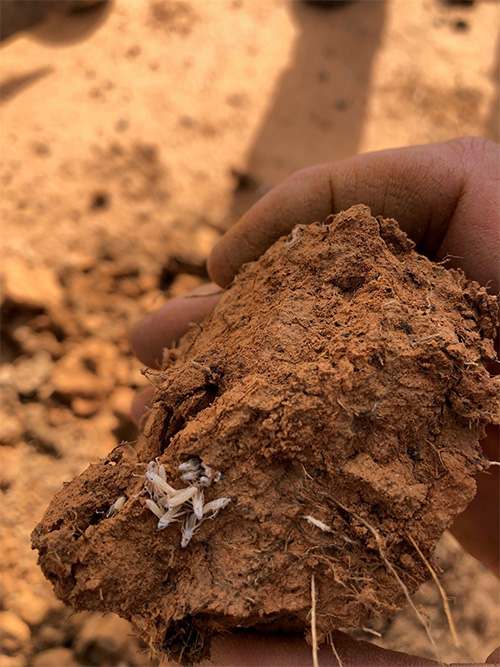
Another key objective of the workshop was to train staff in working safely around aircraft and handling pesticides. Staff were shown how to operate and calibrate aerial spray equipment and, they were taught how to accurately map the spray areas and calculate the volume of pesticide applied using the data files produced from the aircraft GPS systems. This information is used to provide to landholders and meet environmental management requirements.
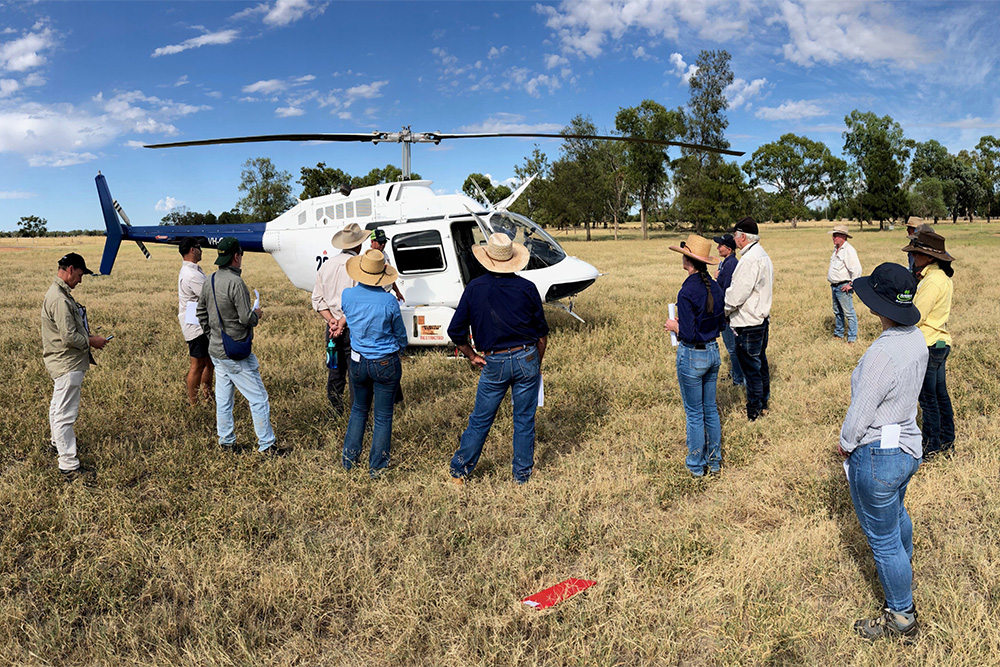
In addition to the staff training, pump equipment used in the aerial disbursement of pesticides was tested and chemical trials for 2 alternative pesticides, Vantacor 600 SC and the organic product Entrust 240 SC were conducted.
To test the pesticides, pasture was treated on 15 established spray blocks on the research station. Over the following weeks grasses were harvested at 1-week intervals and fed to locusts in APLC’s laboratory to evaluate the effectiveness. Grass samples were also sent to CSIRO for environmental residue analysis.
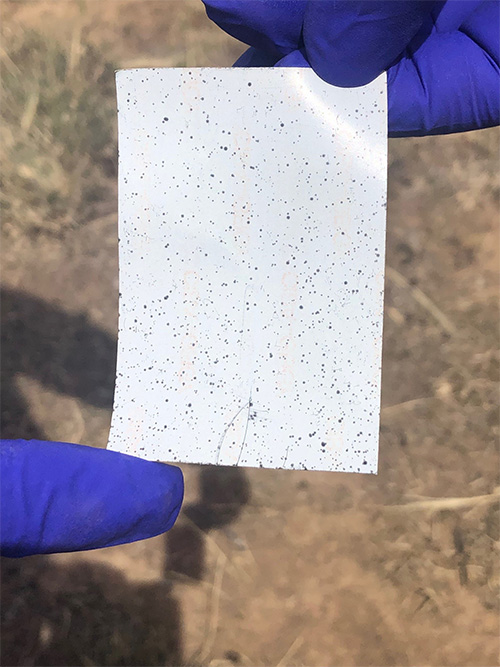
Mr Goletsos said “Data from these trials is critical in providing assurance to regulators like the Australian Pesticides and Veterinary Medicines Authority that the APLC uses pesticides effectively and safely with minimal impact on the environment.
“The APLC has effectively managed locust outbreaks over the past 50 years across the member states of Queensland, NSW, Victoria, and South Australia, and we will continue to run preparedness activities and maintain hands-on practical skills to ensure, if needed, we remain ready to conduct a locust control campaign.”
